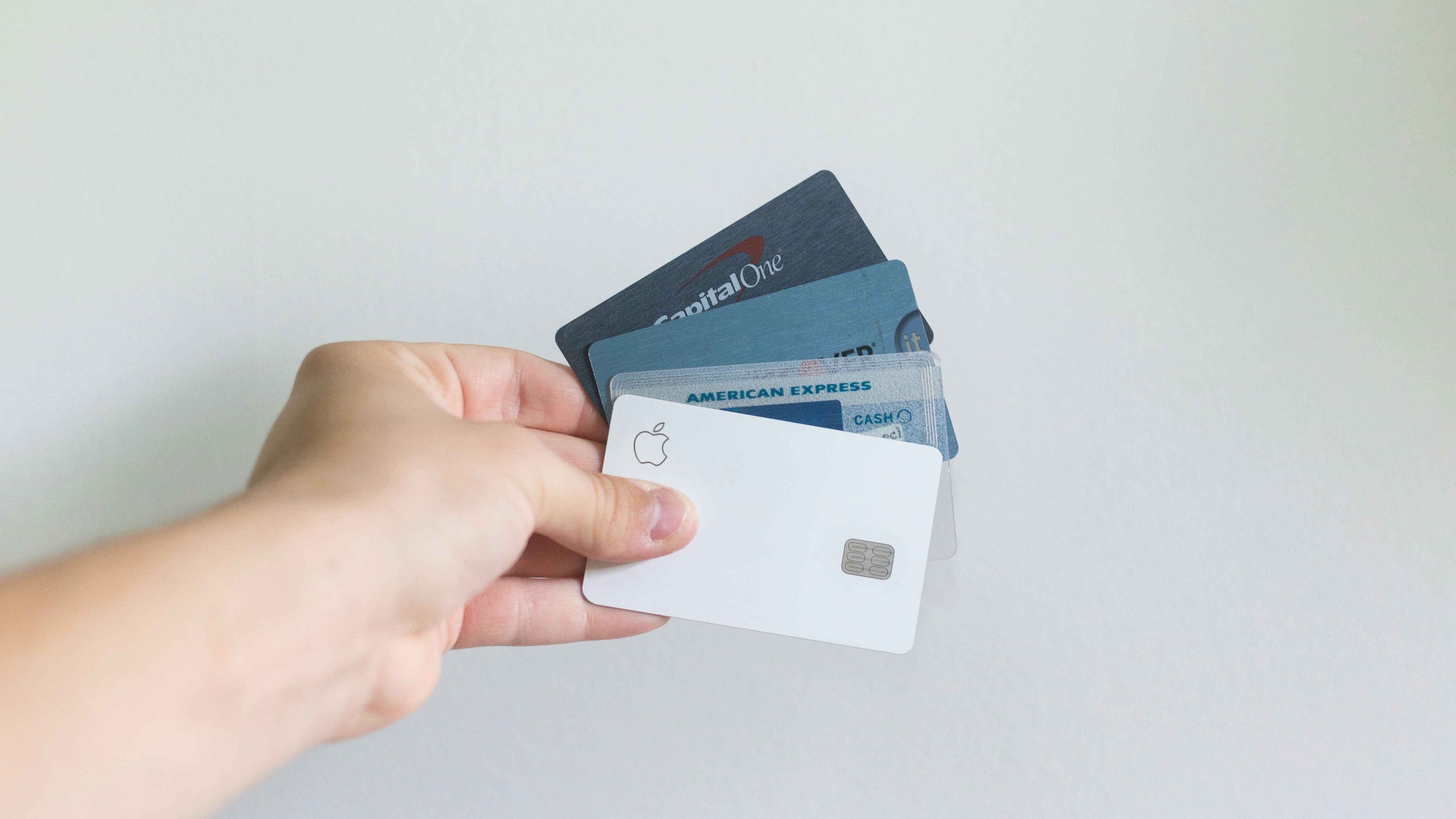Reaching financial goals can feel like a constant bob and weave because there are so many factors that directly impact your financial well-being. If you are not prepared, a seemingly small event can completely derail your progress. While it may be impossible to plan for everything, there are steps you can take to ensure you stay on track with your financial goals. Here are three ways to help you stay focused on your goals and keep moving forward.
1. Talk to a financial planner

There is so much great information online that people sometimes think they don’t need to talk to professionals. We are in a “do-it-yourself” society that has minimized the tremendously positive impact trusting professionals can have on our lives. Alastair Barnes is a financial analyst with the experience and education to help others prepare financial goals and take the necessary steps towards those goals. He works for a financial firm in New York, sharing his expertise with others. He studied finance for years in college to become an expert, so that others can focus on their lives and careers and not need to learn everything to make sound financial decisions. You can’t learn his level of knowledge by reading articles on the internet.
Finding a financial analyst like Barnes to help you look over your financial situation and determine what steps you need to take will relieve a great deal of the stress, as well as free up the time you would spend looking for the information online. You’ll also know for sure that the advice you are getting is reliable and based on experience and education.
2. Get rid of debt

Debt will work against all of your financial goals. Getting rid of your debt will free you to work towards the things you want in life, and the faster you can pay off your debt, the quicker you will be able to reach your financial goals. One option is a debt consolidation loan, which will allow you to take all of your debt and put it into one monthly payment. However, you will still be paying interest on the debt until it is paid off. Another option is to see if you qualify for a viatical settlement. Viatical meaning the settlement will buy out your life insurance policy. You can get a lump sum of money that will allow you to pay off your existing debt.
Always start with credit card debt because it is the most damaging. However, once you get your credit card debt handled, don’t stop there. Think of the financial peace you would have to know your home and vehicle were both paid off. Think about how much extra money you would have each month without those expenses. You can strive for a completely debt-free life to benefit both you and your family after you’re gone.
3. Plan for the unexpected

For many, they lose track of their financial goals when facing the unexpected. Illness, accidents, and job loss are often the type of unforeseen events that hurt people financially. While you cannot expect these types fo things to happen, you can plan for them by creating an emergency fund. An emergency fund should be at least $1000 but up to six months’ worth of expenses. The more you have in the emergency fund, the more peace of mind you will have. If you lost your job tomorrow, you wouldn’t also lose your home and your vehicle. Even if you don’t have major expenses like a home or vehicle payments, having money set aside for emergencies will protect you when you least expect it.
